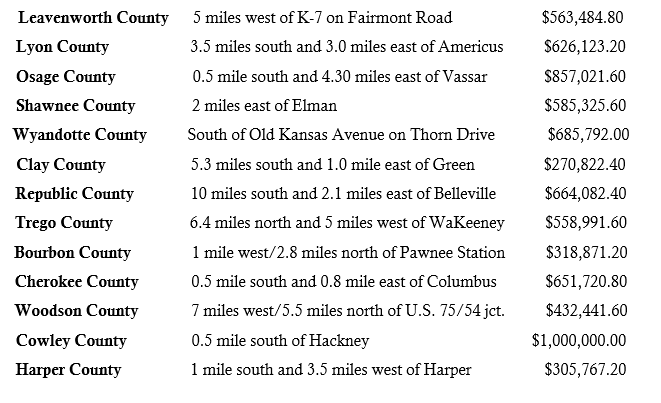Kansas Racial Equity Collaboration Announces Learning Sessions
Examining racial inequities to grow understanding and create change for Kansas children
TOPEKA – Creating understanding through collaboration is the goal for the Kansas Racial Equity Collaboration, a statewide effort to understand the history of racial inequities in child welfare and how to move from controlling to supporting Kansas Black and Brown families.
“Black and Brown children are in the foster care system at double the rate they are in the population,” said Shanelle Dupree, DCF regional director. “And even more, data suggests that once these children are in foster care, they have worse outcomes and experiences.”
“Our hope is that by examining the history of racial inequities, asking tough questions and listening to uncomfortable answers, we as a state, may be able to more fully support Kansas families and children,” continued Abby Fry, CarePortal Regional Manager.
The Collaboration is a partnership between the Kansas Department for Children and Families, the University of Kansas School of Social Welfare, and CarePortal, created by The Global Orphan Project. Group conversations, both virtually and in person, led by nationally respected speakers will be the cornerstone of the Collaboration.
“We invite educators, medical community leaders, legislators, judges, attorneys and Court Appointed Special Advocates (CASA) to take part in the sessions,” said Dr. Michelle Mohr Carney, Dean and Professor in the University of Kansas School of Social Welfare. “By the end, participants will have a toolkit that will provide them ways they can address racial disparities and advance racial equity in the child welfare system.”
The conversation will continue through a dedicated list serv. This information source will share on topics of racial equity for children and families, spotlighting progress, and continuing to highlight data and research to explain the need for action. Sign up for updates here.
Register for the virtual sessions here, Kansas Racial Equity – CarePortal.
Four virtual sessions are scheduled followed by an in-person symposium, scheduled for April 15, 2022 at the University of Kansas.
Sept. 29, 11:30 a.m. to 1:30 p.m.
Topics: Understanding the historical context of structural racism and current day implications. How we got here and a better path forward
Speaker: Haywood Burns Institute
Oct. 27, 11:30 a.m. to 1:30 p.m.
Topic: Addressing racial inequities in child welfare. View from early childhood education
Speaker: Iheoma U. Iruka, Ph. D.
Jan. 26, 2022, 11:30 a.m. to 1:30 p.m.
Topic Debunking myths around racial inequities in child welfare
Speaker: Panel Discussion
Feb. 23, 11:30 a.m. to 1:30 p.m.
Topic: Forward movement: Shifting from control to support for black and brown families
Speaker: Panel Discussion
Hear more about the Racial Equity Collaborative from the people who will help lead the effort.


 ###
###